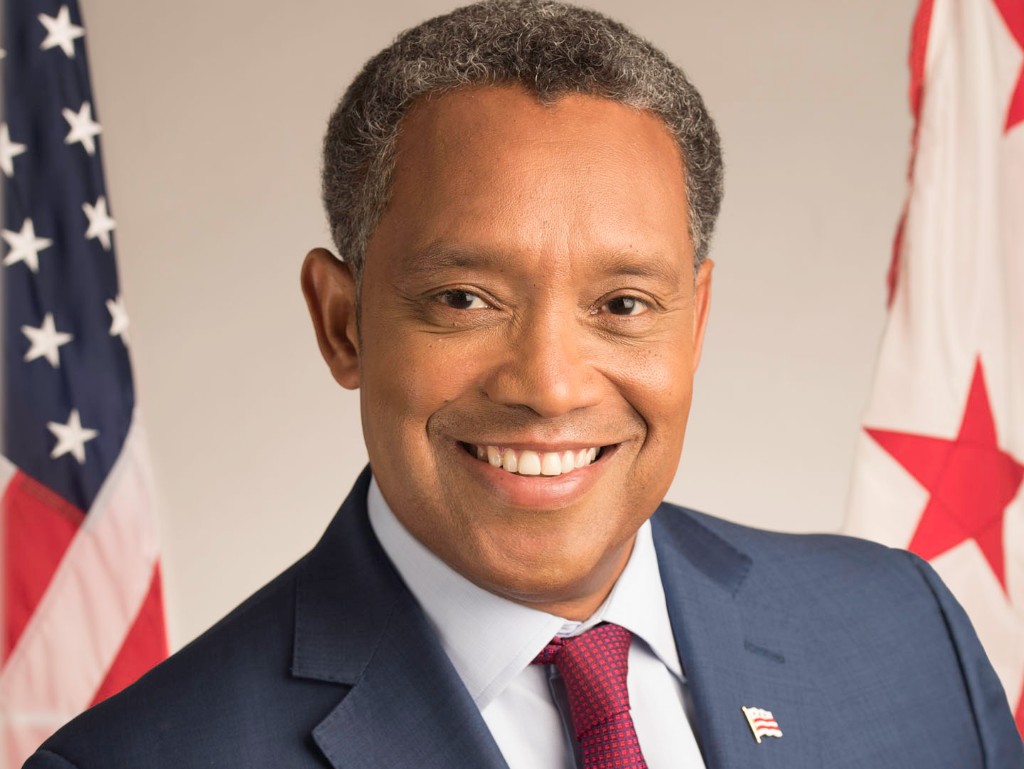DC Attorney General Karl Racine released an advisory on poll monitoring and voter intimidation for District residents in response to President Donald Trump’s suggestion of sending law enforcement officials for monitoring the polls.
In reference to Trump’s remarks about having sheriffs, law enforcement and attorney generals watch the polls for possible voter fraud, Racine emphasized that District laws have always protected DC residents against unauthorized poll monitoring and voter intimidation.
“We’re seeing continued attempts by the Trump Administration to intentionally and unlawfully undermine the American people’s trust in a free and fair election process,” said Racine.
“It is unlawful to threaten, intimidate, or coerce District residents who choose to vote by mail or in-person. Now more than ever, we urge District residents to be vigilant and report any type of unauthorized poll monitoring or voter intimidation to the Office of the Attorney General,” he added.
VOTER ADVISORY: It is unlawful to threaten, intimidate or coerce DC residents who choose to #vote by mail or in-person.
Pres. Trump may suggest he can send law enforcement to conduct poll monitoring, but he is wrong.
Learn your rights: https://t.co/QWRTC9qkM7 #2020Election
— AG Karl A. Racine (@AGKarlRacine) October 9, 2020
The Office of the Attorney General (OAG) will vigorously enforce the District laws to ensure a free and fair election, according to the advisory, which adds that federal law also prohibits voter intimidation.
It is noted by Racine’s office that whoever wants to witness the administration of elections in DC are required to petition the Board of Elections for authorizing credentials.
Those who receive credentials as observers are prohibited from touching ballots or voting equipment; interfering with the progress of voting or counting; assisting a voter; talking to any voter during the process of voting; obstructing the electoral process in any way; and using any video or still cameras inside a polling place while the polls are open for voting.
It is also noted that the president cannot send the military and/or federal law enforcement to monitor the polls, as a number of federal statutes bar federal employees, law enforcement, and the military from using their official power to interfere with an election.

